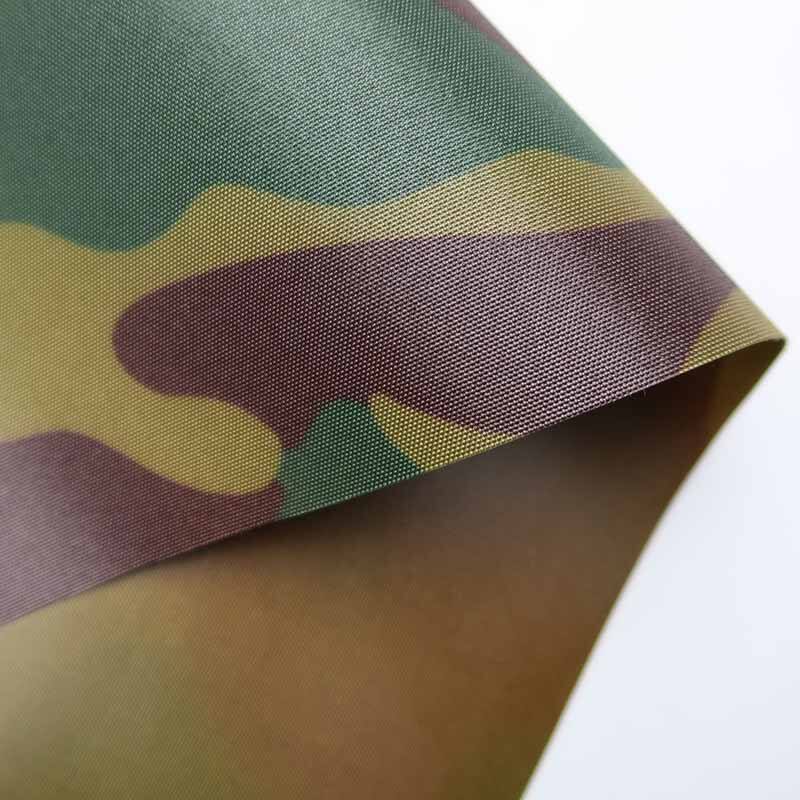Everything You Need to Know About TPU FilmsTPU - short form of Thermoplastic polyurethane is a versatile material which can be used in manufacturing throughout many industries from automotive, electronics, medical equipments. Their wide range of features makes them incredibly versatile, practical and long lasting. Thermoplastic elastomers (TPEs) are used in the production of TPU films because they offer excellent mechanical features and processability alongside a soft, rubber-like touch. They are waterproof, tear proof and resistant to stains making them ideal for many uses. In this blog, we are going to explore the different applications of TPU Films coming from Industries all over due to their excellent properties. In the textile industry, they apply these films for lamination of different fabrics to achieve durable, breathe-ability and waterproof. It is also print-friendly, making it perfect for commercial advertising banner frontlit and backlit networking signage. TPU Films - In the electronics sector, TPU films are used widely as manufactures for protective case of phones and tablets. The have very good strength and lightweight properties meaning your gadgets will be safe from scratches, scuffs, knocks as well as drops. TPU films can also be used for making cases, holsters and covers of electronic devices. TPU films are used in the automotive trade for Vehicle interior decorations, armrests and dashboard covers. Their ability to be easily processed, as well as properties such al scratch resistance and abrasion, but also UV characteristics have positioned TPU films an important material in automotive application. TPU films are also used in the medical sector for Medical Devices (IV Consumables, etc.) and Personal Protection Equipment or PPE. An advantage is represented by the overall properties of these polymers, which include pronounced sterilization capability, medical biocompatibility and excellent tolerance towards biofluids. In the foregoing regard Aus Supp 1, TPU films perform and have features which vary across applications. The properties of clarity, flexibility and durability are influenced by film thickness. Thin film is flexible but not robust, thick can be worn out easily also. The hardness of TPU films also changes the characteristics and performance of the material. For example, hard TPU films will provide higher stiffness and abrasion resistance to wear whereas soft TPU films are intended for greater flexibility and stretchability. The surface properties of the TPU film can also affect how it performs. Textured surfaces provide better gripping property and less prone to slip, which makes them suitable for use in automotive interior articles as well electronic device casings. Choosing the Appropriate TPU FilmA useful guide for choosing exactly right tpu film is to have a clear take at what might be an application. These include:1. Thickness of TPU film: The thickness will differ according to the necessity ranging from thin films for versatile applications for thicker and stronger seal. 2. FlexibilityIt depends on the hardness ofThe level of stiffness and wear resistanceOf TPU film 3. TPU film: The surface of the TPU film can range from flat to granular, depending on the particular application. 4. Annotation: the color of TPU film The appearance is that different colors and materials are also possible for other applications, eg on outdoor signs. 5. Processing: TPU filmTPU films can be made using the extrusion method, blow molding methods or injection type techniques as suitable for their end product. Alternative Uses and DevelopmentsTPU films are used in even more non-mainstream applications due to their superb raw material properties. Indeed, TPU films are often used in the manufacturing of inflatable boats and airbags because they exhibit great flexibility but also a high degree of impact resistance. Improvements in TPU film technology have also achieved the emergence of biodegradable TPU Films. You will also find these films break down when subjected to discarding, therefore it is a much beneficial recourse when in comes to Ehifting towards ecology. Finally, TPU films can be produced from renewable material (bio-based) thus challenging fossil fuel based plastics. As a result, TPU films are responsible for many qualities which make them common materials in different industries. Their outstanding flexibility, hardness and good impact resistance mean they find application as electronic housings, medical devices or in industrial vehicles. Additionally, the TPU film innovations with biodegradable and renewable TPU films paves a way for their use as sustainable replacement to typical plastics. Factors, Thickness, hardness,surface,color, and the process method should be taken into consideration during selection of appropriate TPU film based on application requirements.

 EN
EN
 AR
AR
 BG
BG
 HR
HR
 CS
CS
 DA
DA
 NL
NL
 FI
FI
 FR
FR
 DE
DE
 EL
EL
 HI
HI
 IT
IT
 JA
JA
 KO
KO
 NO
NO
 PL
PL
 PT
PT
 RO
RO
 RU
RU
 ES
ES
 SV
SV
 CA
CA
 TL
TL
 IW
IW
 ID
ID
 LV
LV
 LT
LT
 SR
SR
 SK
SK
 SL
SL
 UK
UK
 VI
VI
 TH
TH
 TR
TR
 FA
FA
 GA
GA
 BE
BE
 BN
BN
 IG
IG

